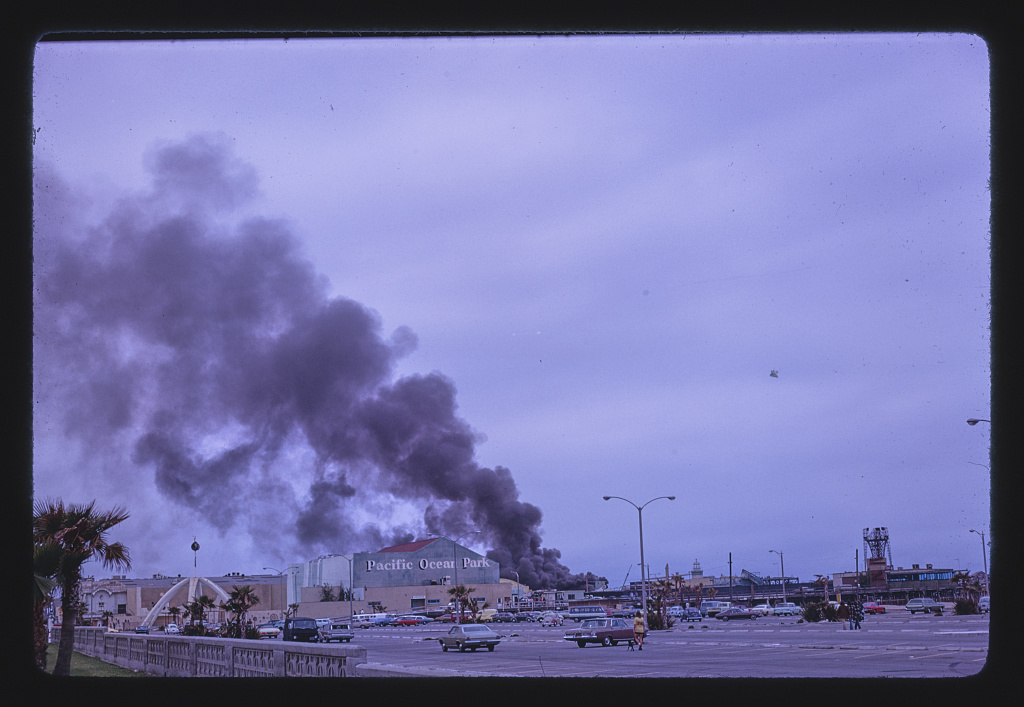Most of the time spent working on this issue has taken place in my Koreatown apartment. With thin walls and insufficient insulation, I’ve thought a lot about warmth, or more accurately, heat.
The city felt like it was in a constant heatwave this summer. When my mother came to visit in early July, I joked that she had picked the wrong weekend—every day was going to be 90+ degrees. But then she left and it was still hot. Maybe some days it was a nice 85 degrees, but the next would probably be sweltering and if not tomorrow then soon.
I sat at home doing remote work, but wished I could be in a chilly air conditioned office building. Longing for a breeze or a quick chill to relieve me. I worked in a restaurant and listened to guests comment about the roaring fire and the heat that emanated off of it while sweat built up on my spine and my pockets got so sweaty my phone’s flashlight would turn itself on all by itself. I watched the chefs and line cooks stand in front of a 500 degree flame and develop welts on their bodies just from proximity. I liked tweets that reminded us readers how backwards it was to drive everywhere and how much better trains and public transportation were. And then, I hopped in my beat up Honda Fit and drove to work, blasting the AC to cool down for 20 minutes.
I, like all of the editors and contributors this summer, experienced intense, unrelenting heat. Across the city, the country, and literally the world–climate change caused record breaking temperatures, fires, and heat waves.
“No other city seems to excite such dark rapture,” writes Mike Davis in Ecology of Fear on the popularity of Los Angeles-based disaster movies. In the same sense, heat is entangled in the work here with both positive and negative emotions and associations. It is a foreboding fear of disaster, a warm embrace, or both. The work in this issue reflects a body of thought around warmth, and what it means to be hot.
We are so thankful for everyone’s submissions and ongoing support. I am so proud of this issue. I hope you enjoy.
Remi Riordan, founder and editor-in-chief of The Dry River

